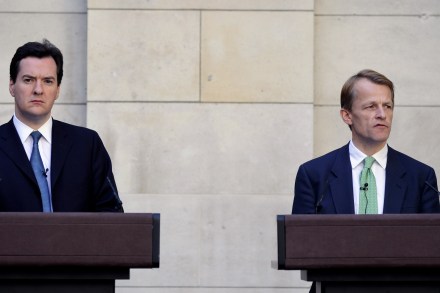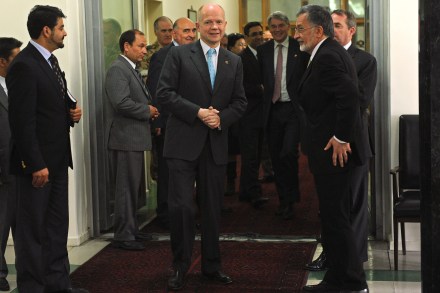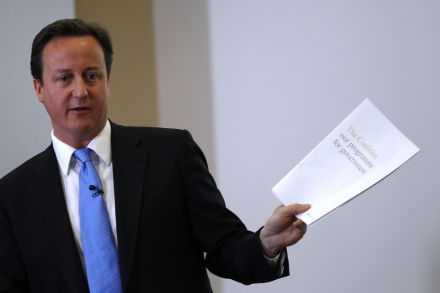Undoing the spending of the last government
In the table below, we consider how the budgets of various departments grew over the last Labour government. It spells out the very large rises in Health and Education (together, the rises in these two departments accounted for 61 percent of the total rise in departmental expenditure over the period). And we can see that other departments, such the Foreign Office, experienced cuts. Then, in the later columns, we consider what percentage falls today’s cuts represent and what proportion of the total rises since 2004/5 they undo. We see that the largest cuts fall on CLG communities, down by 7.3 percent, reversing 74 percent of the rises over the last
















